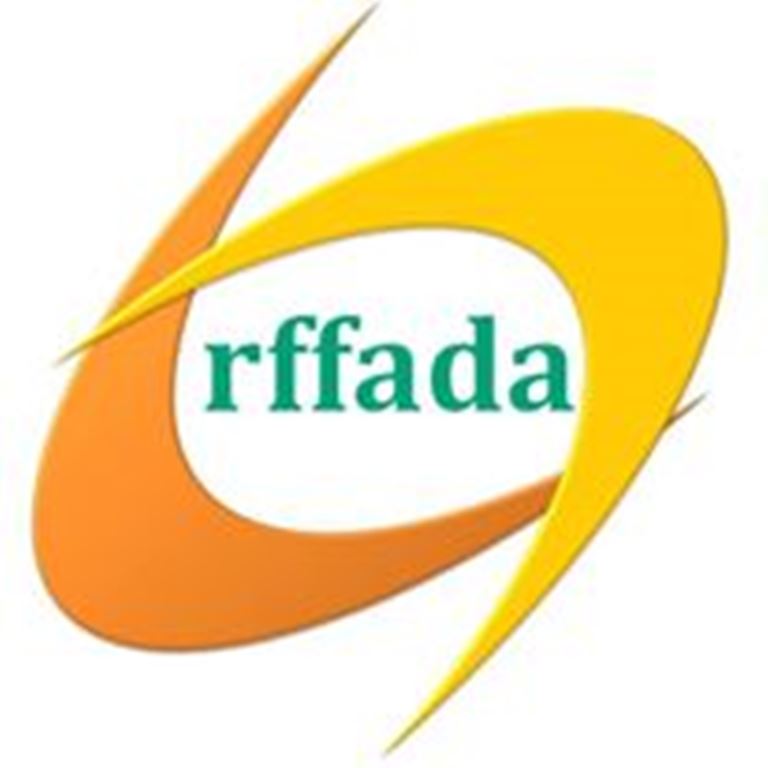1 Delivery of maternal thyroid hormones to the fetus
Patel J, Landers K, Li H, Mortimer RH, Richard K.
School of Medicine, University of Queensland, Herston 4006, Brisbane, Australia; Conjoint Endocrine Laboratory, Royal Brisbane and Women’s Hospital, Herston, 4029, Brisbane, Australia. Thyroid hormones (THs) play an essential role in ensuring normal fetal development, particularly that of the central nervous system. Before 16weeks gestation, the fetus relies solely on transplacental delivery of maternal T(4), and clinical studies suggest that even mild maternal thyroid hormone deficiency adversely affects the intellectual function of offspring. Maternofetal TH transfer is regulated by trophoblast cell membrane transporters, which mediate influx and efflux of THs, placental deiodinases D3 and D2, which control intraplacental TH levels, and TH-binding proteins (transthyretin), which provide transport roles in the placenta. This review discusses new information about mechanisms of transplacental delivery of T (4) to the fetus, providing insight into complex processes that are vitally important for normal fetal development. PMID: 21414798 [PubMed – in process]
2 Risk Factors for Behavioural Problems in Fetal Alcohol Spectrum Disorders
Åse. Fagerlund MA 1, Ilona. Autti-Rämö MD 2, H. Eugene. Hoyme MD 3, Sarah N. Mattson PhD 4, Marit. Korkman PhD 5
Conclusions: Children and adolescents prenatally exposed to alcohol faced greater risk of substantive behavioral problems 1) if they were less visibly alcohol affected and 2) the longer time they had spent in residential care. The results underscore the clinical importance of appropriate services and care for less visibly affected children with FASD and highlight the need to attend to children with FASD being raised in institutions. Accepted manuscript online: 16 MAY 2011 02:23PM EST Received Date : 24-Feb-2011, Revised Date : 03-May-2011, Accepted Date : 10-May-2011
3 A survey of Italian and Spanish neonatologists and paediatricians regarding awareness of the diagnosis of FAS and FASD and maternal ethanol use during pregnancy
F Vagnarelli , I Palmi , O Garcia-Algar , M Falcon , L Memo , L Tarani , R Spoletini , R Pacifici , C Mortali , A Pierantozzi and S Pichini – BMC Pediatrics 2011, 11:51doi:10.1186/1471-2431-11-51 – Published: 6 June 2011
Ethanol is the most widely used drug in the world and a human teratogen whose consumption among women of childbearing age has been steadily increasing. There are no Italian or Spanish statistics on neither ethanol consumption during pregnancy nor any information regarding prevalence of fetal alcohol syndrome (FAS) and fetal alcohol spectrum disorders (FADS). There is also a reasonable suspicion that these two diseases are underdiagnosed by professionals from the above-reported countries. The objectives of this study were: 1) to evaluate the experience, knowledge and confidence of Italian and Spanish neonatologists and paediatricians with respect to the diagnosis of FAS and FASD, and 2) to evaluate professionals awareness of maternal drinking patterns during pregnancy.

